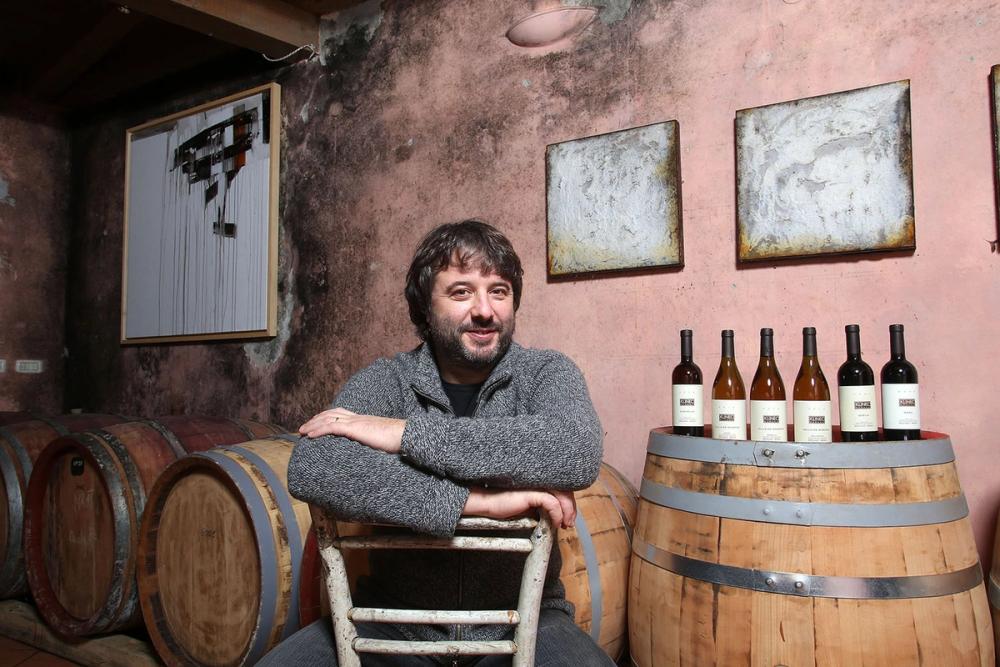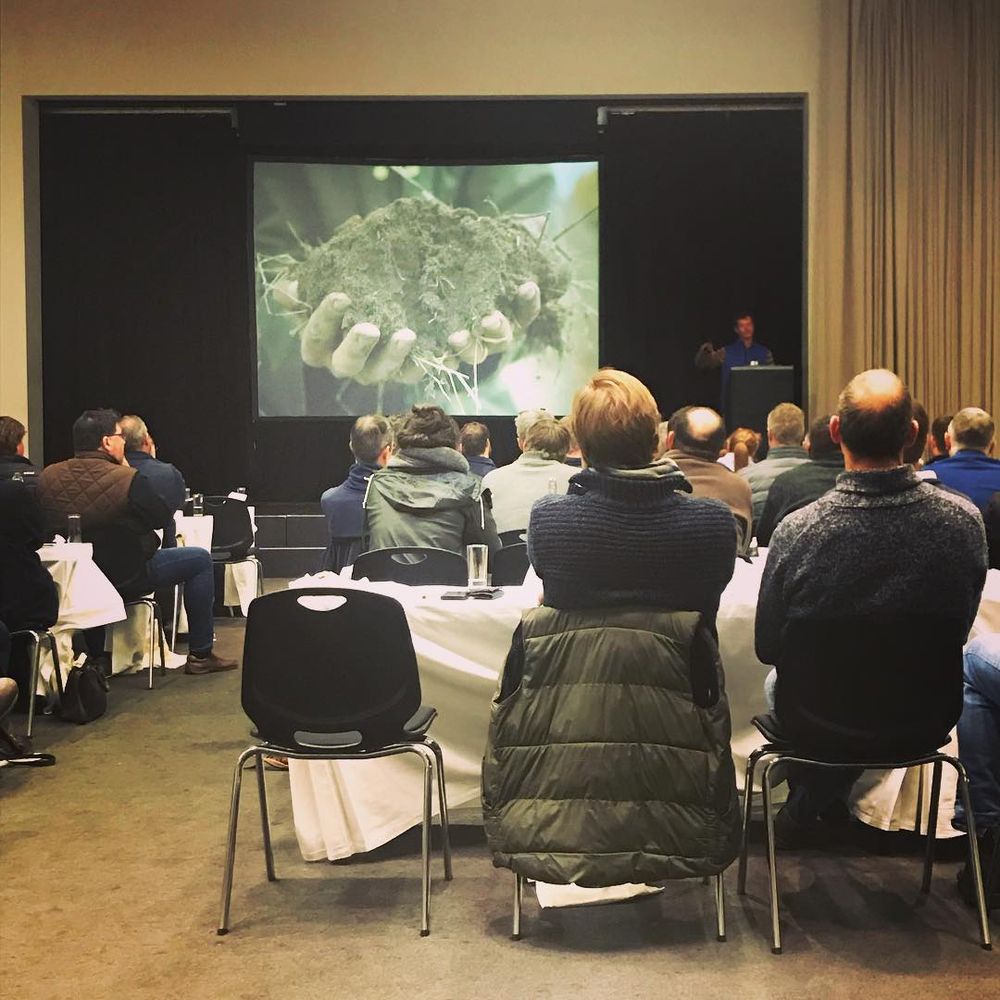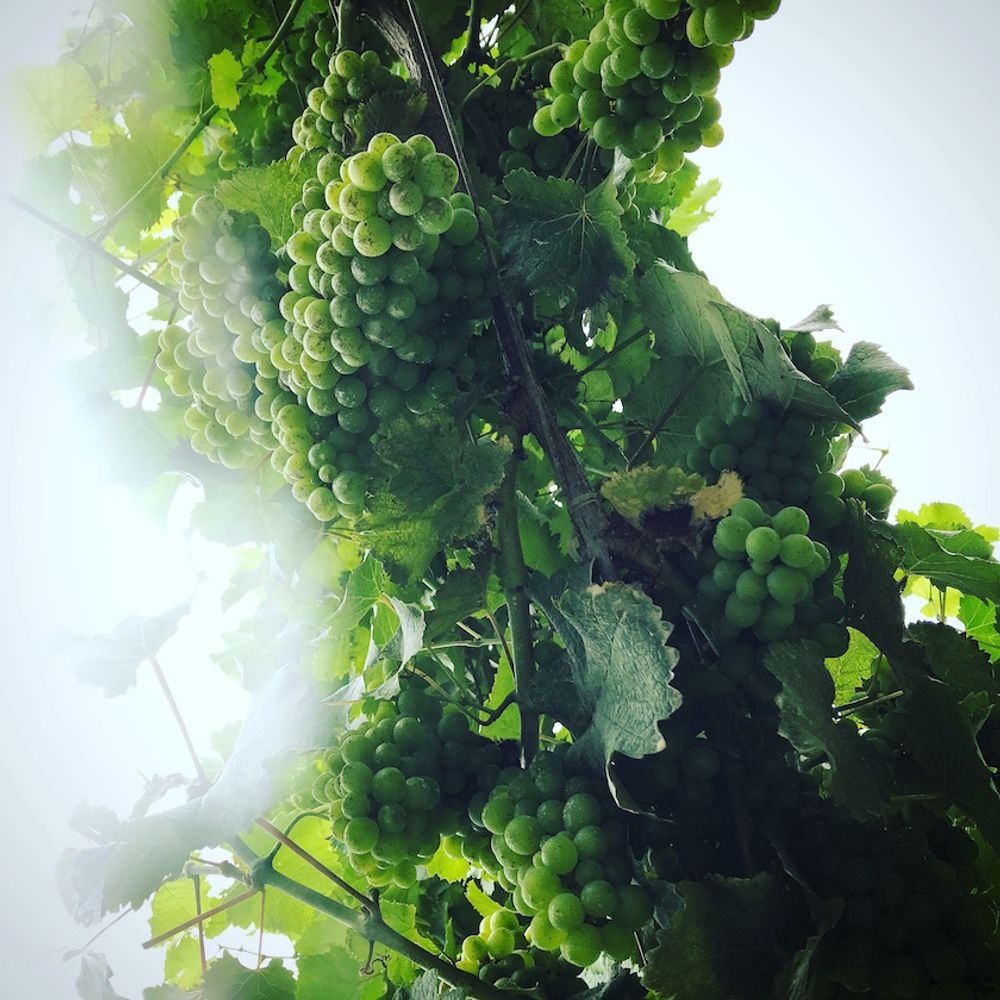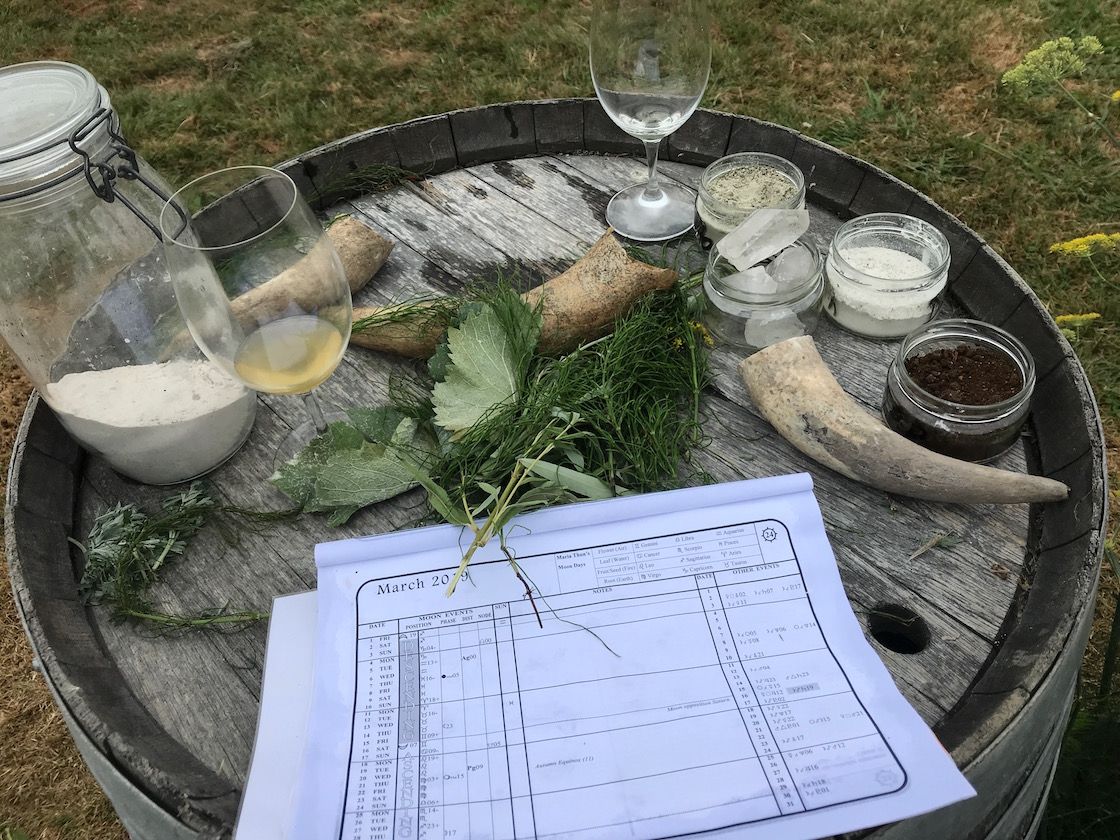“Blowing all that money on a vineyard and letting the soils die is the wine equivalent of when Mario Balotelli burned his plush Cheshire mansion down with fireworks in the bathroom,” writes Turner.
I got an interesting WhatsApp from a friend of mine the middle of last week. He’d come across an article in The Times that he thought might be of interest to me, relating to biodynamic farming in Italy. He knows I’m into biodynamics and he knows I’m into Italy, and so is he, so he sent it over for me to read.
Tom Kington, writing from Rome, was reporting that a bill that was overwhelmingly passed through the Italian Senate is coming under fire from a group of 21 scientists, now backed by 31,000 signatories, likening biodynamic practices to witchcraft. The bill seeks to put biodynamic farming on the same legal level as organic farming, and would henceforth be qualified for government funding. Clearly not if the petitioners have anything to do with it.
Witchcraft… hmmmmm
If, like me, you’ve met a few biodynamic farmers, you’ll know that there are levels of how far people get into it. Based on the theories of Rudolph Steiner in the 1920s, and modified over time, the rough idea is to use nature to regenerate soils and let increased biodiversity create a better ecosphere for the vines to exist in. Let’s just repeat that: regenerate soils and increase biodiversity. Witchcraft? Or something that every segment of agriculture, from vines to wheat, needs to start doing or we’re all in real trouble?
Work in a biodynamic vineyard is also based on the lunar cycle. You judge when to plant, prune, pick, and even bottle depending on where the moon is in its 28 day cycle. Is that witchcraft? Or something farmers have done for tens of millenia up until the agrochemical boom of the 1920s? The biggest issue with anything to do with the lunar cycle is that scientific research has not produced enough explanations thus far to give those who need it a definite “yes, this works” or “no it doesn’t”. Some would argue, including those women out there suffering cruelly at the hands of conditions such as endometriosis, that not enough research has gone into nature’s 28 day cycles, mostly due to the fact that men have until recently been the ones who decide what gets researched.

Slovenian wine luminary Aleks Klinec protecting vineyards from frost and drought damage with seaweed extract
Closed minds speak volumes
Overall though, I have to say I’m amazed that allegedly educated people are so definite with their judgements. The only senator to vote against the bill was Senator Elena Cattaneo who stated that “we risk giving legal recognition to flat-earthers who preach magic and witchcraft.” I’ll stop you there Elena. Biodynamic farmers are not flat-earthers. Well, some might be, who knows? But it’s got nothing to do with biodynamics. She’s simply lumping that in to boost her point. The irony, however, of her bringing up a theory that until 500 years ago the best/non-inquisitive minds thought was true and dismissed anyone as crazy if they offered up another explanation is not lost on me. I fear it might be on Signora Cattaneo.
From a human level, I defy anyone to walk into a biodynamic vineyard and not feel a difference to the place. There’s life everywhere, it’s…I nearly said magic, but let’s not stoke any fires here! The winemakers themselves and the reasons they begin biodynamics is so varied. To suggest they’re practising witchcraft and magic? That’s something 15 year-olds do when they’re rebelling against a strict religious upbringing, not serious people with businesses to run. But as we can all see from the scramble of top companies to align to ethical standards such as those for B Corp, the way in which we run businesses is slowly changing, from a purely profit-driven ideal to a more sustainable view of your land, your environment, your staff, and so on.

Johan Reyneke speaking at a seminar about his 20 years farming organically
Maybe wine this good really is witchcraft?!
I recently attended a webinar with Johan Reyneke of Reyneke Wines. Johan is a biodynamic winemaker with some accolades behind him. He was recently awarded Tim Atkin’s South African Winemaker of the Year 2020 and his winery was the first organically certified winery in South Africa to receive 5 Stars in Platter’s Wine Guide. He’s been guided by his past experience as a farm labourer then his studies in environmental ethics to take a big move towards sustainable viticulture, ensuring to keep what he would consider a healthy mix of practical and theoretical.
Johan was taught by a local organic and biodynamic flower and vegetable farmer who told him he was being organic by accident. It was vital to look into how to replace chemicals with a natural remedy. Grape growers are farming with basically two things – grapes and soil. The correlation between soil health and humic acid levels has been proven to produce healthier vines and better grapes and there are natural ways to do that, from companion plants to fix nutrients to ducks to eat snails. “Natural solutions make for better wine. Naturally” says Johan, and follows with his pride that “we’ve made great progress, we’re nearly back where we started”.

When you visit Biodynamics pioneer James Millton in New Zealand, he recommends lying under his vines to get an idea of their health
Protect your investment
From an economic point of view, it makes a lot of sense too. Vineyards are expensive bloody things to buy. If you’d just put down hundreds of thousands of pounds (and the rest) down to and bought your dream chunk of prime vineyard hectares, would you not want to preserve it? Would you not want those soils to be alive and thriving? When French government microbiologist Claude Bourguignon declared Burgundy soils dead in 1988, people started to wake up. Blowing all that money on a vineyard and letting the soils die is the wine equivalent of when Mario Balotelli burned his plush Cheshire mansion down with fireworks in the bathroom. It’s just idiotic. Regenerating and then maintaining healthy soils is integral to biodynamics.
Natural products have shown that they do really help. Biodynamic preparations are designed to increase available nutrients and boost microbial activity in the soils, something that research into sustainable agriculture is incredibly hot on. We need only look at the buzz surrounding seaweed extract products that protect vineyards from frost and drought damage and increase yields, such as Ekogea’s BioComplex that’s used by, amongst others, Slovenian wine luminary Aleks Klinec. It’s not magical, it’s not witchcraft, it’s simply science and nature working together to outperform.
I don’t cope well with closed minded or dismissive people. I don’t know why these 21 scientists decided to start this petition, and I don’t know why all those people decided to sign it. I’m sure they had their reasons. But on reading this piece in The Times, it did trigger memories of similar chats with a few others I’ve met on my wine journey so far, and I fancied popping out a bit of positive PR for biodynamics.
I hope you didn’t mind.
Cheers
Johan Reyneke wines are available from New Generation Wines
You can read Tom Kington’s article here (subscription needed)
































